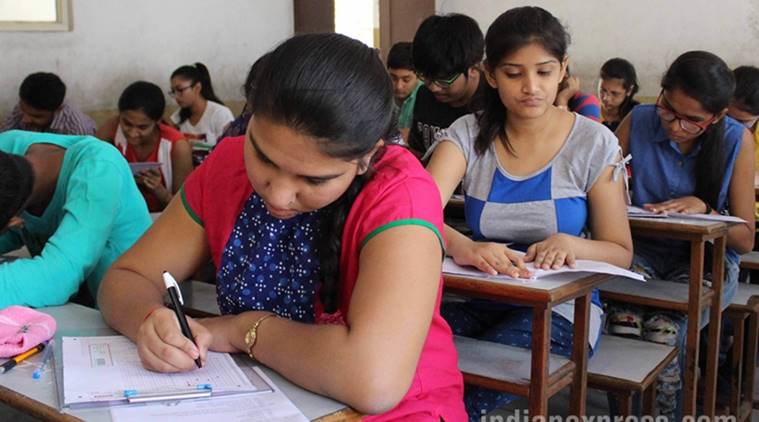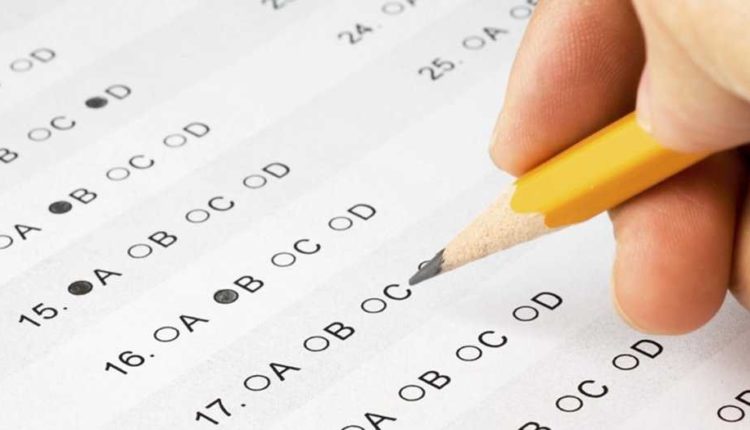Why objective questions for college and varsity exams in UP are a bad idea?
The huge supervisors of India’s advanced education division ought to understand that the response to enhancing the framework won’t lie in making the life of evaluators straightforward, yet by making the life of understudies tad bit troublesome – by pushing them to strive to assemble a superior future for themselves.

A meeting of college bad habit chancellors held in Lucknow a week ago chosen to present a “blend of goal and clear kind of inquiries” in examinations at school and college level from one year from now to streamline the work of evaluators.
This move is shocking. Here’s the reason:
To begin with, the academicians must understand that by weaning understudies far from the way toward composing (illustrative answers), they are smothering their inventive improvement.
Second, the issue of tricking in school examinations is biting endlessly at the underlying foundations of the training framework in UP. Out of 60,61,034 hopefuls who enlisted for the secondary school and middle of the road examinations in the state, 5,94,503 dropped out in light of the fact that they were not able cheat because of strict carefulness (1,862 examinees were found replicating). To expect the rest who will go into schools soon to give single word answers or compose a ‘yes’or “no” to make the life of an evaluator simple demonstrates a stunning absence of worry for their advancement as individuals with the capacity to think and develop.

Third, India’s best colleges and even its best research establishments are neglecting to make it to top 100 of internationally acclaimed organizations in light of the fact that their examination yield does not coordinate with the best.

The huge managers of India’s advanced education area ought to understand that the response to enhancing the framework won’t lie in making the life of evaluators straightforward, yet by making the life of understudies tad bit troublesome – by pushing them to strive to fabricate a superior future for themselves.




